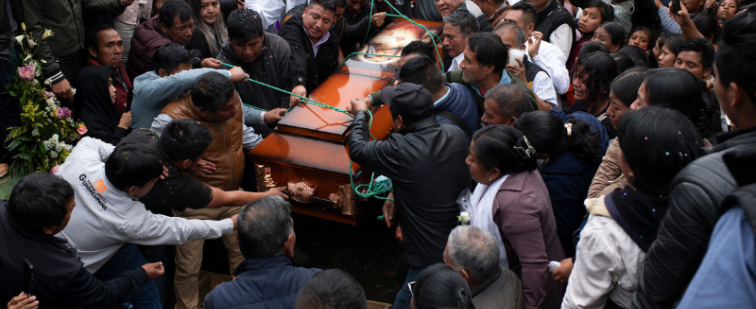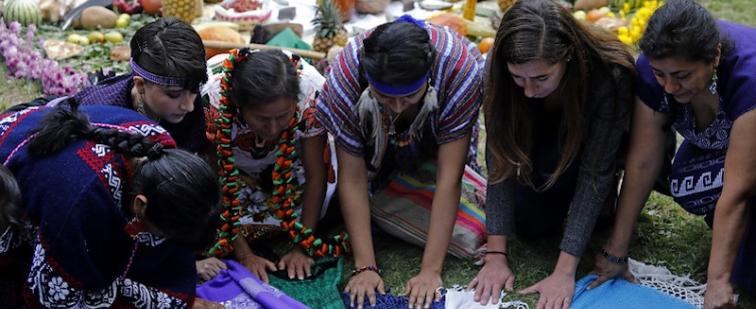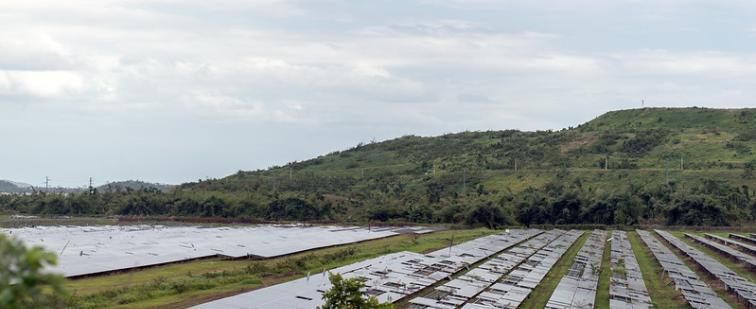Home
In the course of his visit to the Southern Cone of South America, the American sociologist Immanuel Wallerstein spoke on one of his favorite subjects: the end of the United States' hegemony—which, he believes, will be definitive within the next decade. But he also let it be known that in the course of the next two or three decades we will be living in a post-capitalist world that could either be much better, or worse, than the present one.
On September 28, feminist movements commemorated “Day for the Decriminalization of Abortion in Latin America and the Caribbean.” Unsafe abortions are one of the principle causes of maternal fatalities in the region, where an estimated 4,140,000 abortions are carried out each year, of which 95% are done clandestinely amid dangerous conditions. Of the 78,000 women that die every year from abortions worldwide, 13% of them live in Latin America and the Caribbean. That means more than 10,000 die annually, or 28 per day, most of them women of meager economic means.
“We have won an historic victory,” proclaimed President Rafael Correa of Ecuador. On Sunday the political coalition he heads won an overwhelming majority of the seats in the Constituent Assembly that is tasked with “refounding” the nation’s institutions. Taking office early this year in a landslide victory, Correa has repeatedly called for an opening to a “new socialism of the twenty-first century,” declaring that Ecuador has to end “the perverse system that has destroyed our democracy, our economy and our society.” His government marks the emergence of a radical anti-neoliberal axis in South America, comprising Venezuela, Bolivia and now Ecuador.
The physical presence of U.S. military personnel throughout the hemisphere has changed substantially during the past ten years. Back in 1997, large military bases were the rule, most of them in the former Panama Canal Zone. The Southern Command (SouthCom)—which is the name of the U.S. Defense Department’s command center for Latin America—left its headquarters in Panama that year, relocating to Miami.
Agrofuel development has arrived on the global stage. Just this year, the number of declarations, dollars, and development plans that have gone to agrofuels are unparalleled in any other sector. An idea that languished for decades has suddenly become the darling of politicians, big business, international financiers and the media.
This fact alone should make us worry.
It was the dogs that woke me. One minute I had been fast asleep, the next the dogs’ yapping, rising to a frenzy, came drifting across the village and my eyes opened with a jolt. What I didn’t know then was what had set the dogs off: one of the world’s last uncontacted Indian tribes had just entered the village where I was staying.
The September 9 election to replace Guatemalan President Oscar Berger featured more body bags than tangible ideas to improve the country. Now facing a runoff election, voters are left with the tired choice between a military strongman and an oligarch.
After almost twenty years of living with the Washington Consensus of free-trade policies, a broad opposition to the political economy of neoliberal globalization has developed throughout Latin America.
A series of investigative reports by journalist Jesús Dávila from New York's El Diario/La Prensa has found the government of Puerto Rico is a major investor in a local subsidiary of DynCorp, the military contractor and private security firm. The company operates an air base in the northwestern part of the island that contributes services to the wars in Iraq and Afghanistan. This is the second of two reports published by the newspaper and translated by NACLA.
A series of investigative reports by journalist Jesús Dávila from New York's El Diario/La Prensa has found the government of Puerto Rico is a major investor in a local subsidiary of DynCorp, the military contractor and private security firm. The company operates an air base in the northwestern part of the island that contributes services to the wars in Iraq and Afghanistan. This is the first of two reports published by the newspaper and translated by NACLA.











